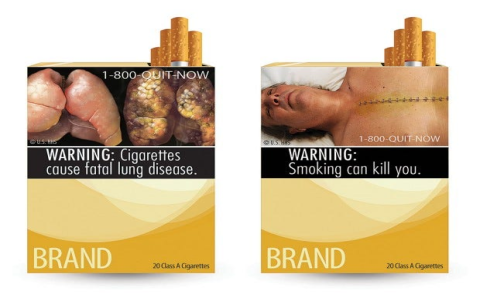E-cigarettes are not classified as pharmaceutical drugs in most jurisdictions like the US (FDA) or UK (MHRA). They are primarily regulated as tobacco products (or consumer products containing nicotine). Quitting medications, however, are specifically approved drugs by regulatory agencies.
Comparison of E-Cigarettes and Quit-Smoking Medications
- FDA Approval: Quit-smoking meds (e.g., varenicline, bupropion, NRTs like gum/patches) undergo rigorous trials proving safety/efficacy for cessation. E-cigarettes are not FDA-approved cessation devices.
- Primary Purpose: Approved meds are designed solely for smoking cessation. E-cigarettes are marketed as alternatives to cigarettes; cessation is often a secondary claim.
- Nicotine Delivery: Both deliver nicotine to reduce withdrawal. Meds provide controlled doses to manage cravings. E-cigarette nicotine intake varies significantly by device, liquid strength, and user behavior.
- Evidence for Cessation: Strong evidence supports approved medications. Evidence for e-cigarettes is moderate and evolving. Some studies suggest they are more effective than NRT for some smokers when used exclusively to quit, but long-term success data is limited.
- Safety Profile: Approved medications have known, generally manageable side effects. E-cigarette risks are less understood; aerosol contains fewer toxicants than cigarette smoke but is not harmless, carrying potential respiratory/cardiovascular risks. Dual use (smoking + vaping) negates benefits.
- Addiction Potential: Both maintain nicotine addiction. E-cigarettes, especially high-nicotine types, can sustain or even increase dependence.
Are E-Cigarettes a Recommended “Quitting Med”?
They are not universally recommended as first-line treatments due to varying efficacy evidence, unknown long-term risks, and potential for youth uptake. Many health agencies recommend approved medications and counseling first.

Conclusion: While e-cigarettes deliver nicotine like some quitting medications, they lack the regulatory approval, standardized dosing, and long-term safety data of proven cessation drugs. Smokers seeking to quit should consult healthcare providers about approved treatment options.










